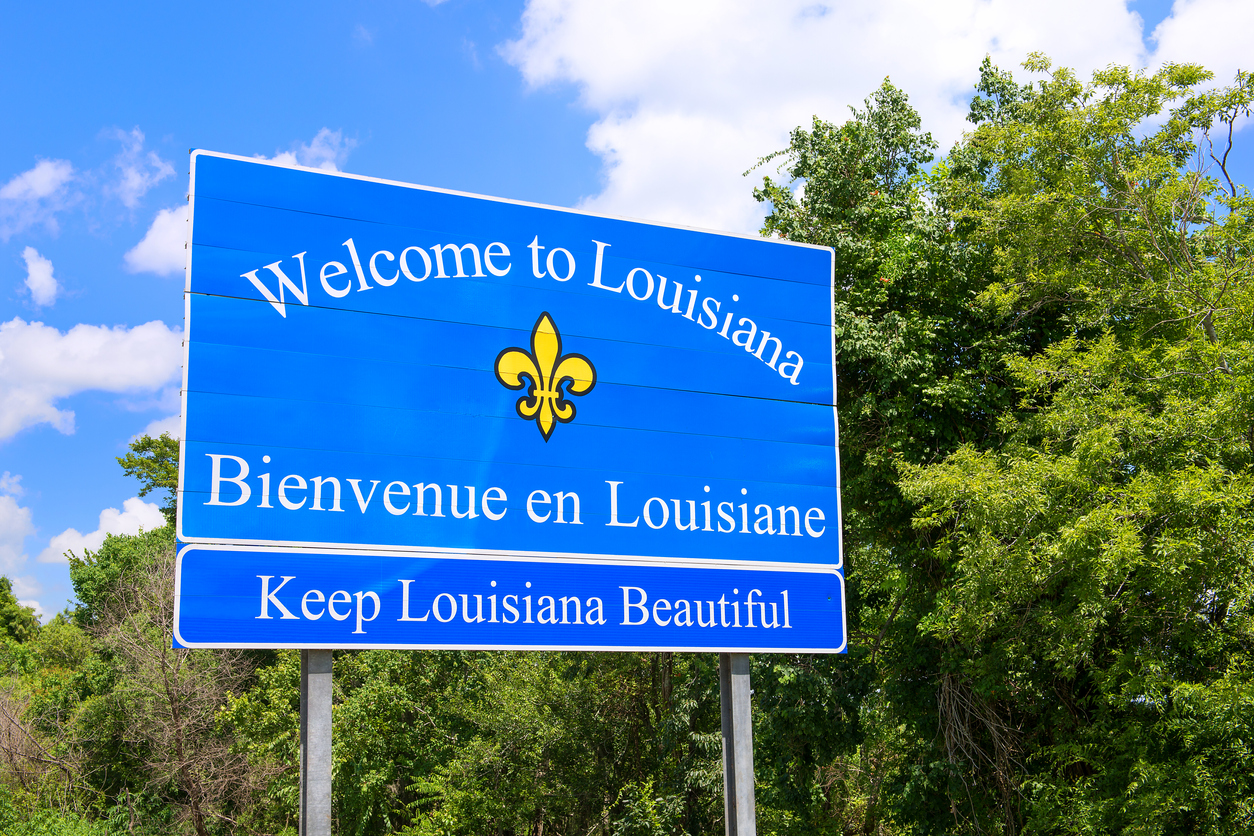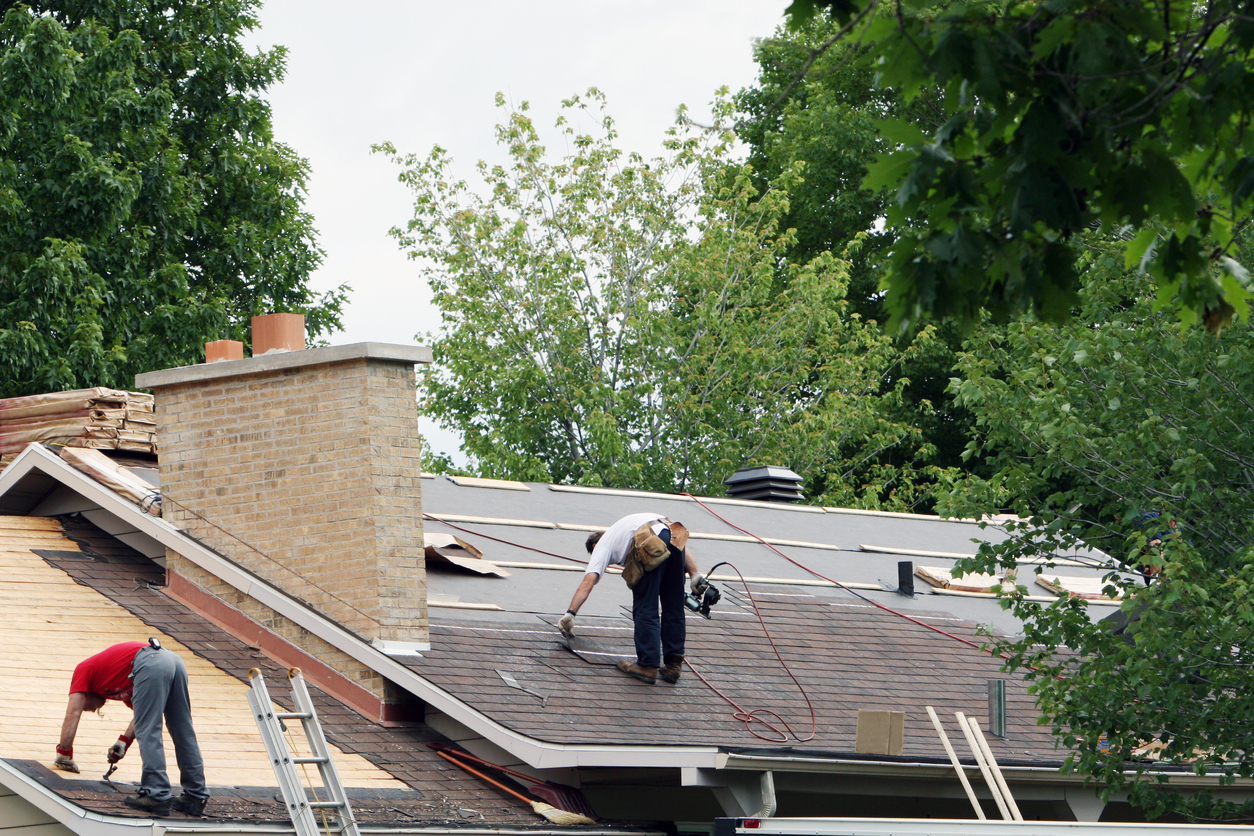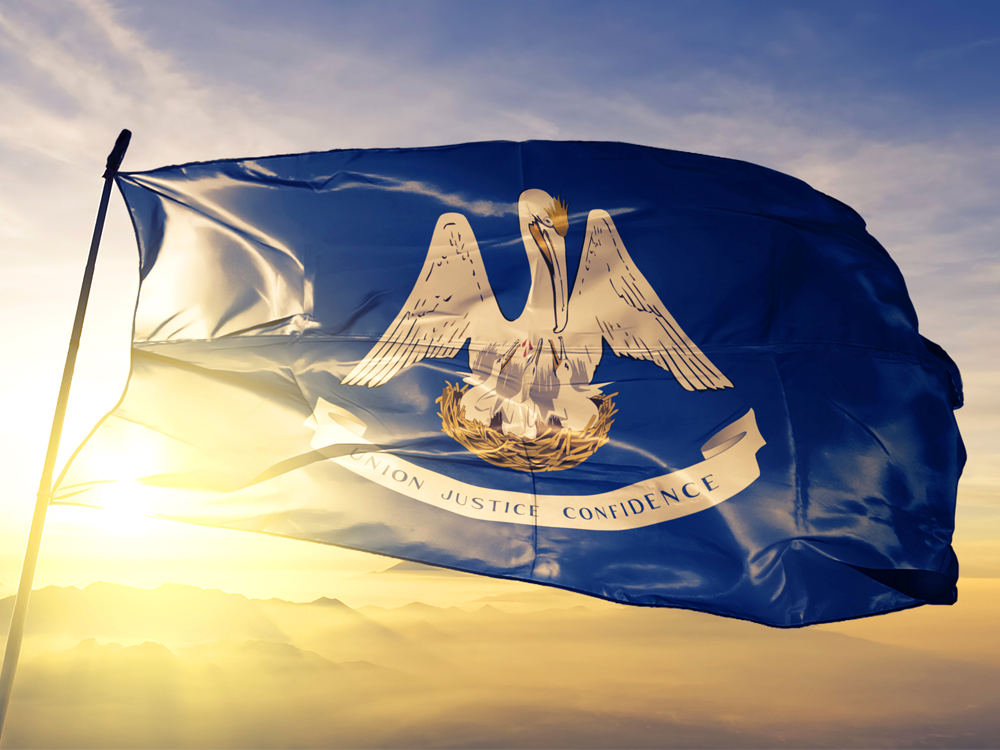Louisiana insurance law is very different from other states. Louisiana insurance bad faith law is different, makes meaningful definitions about what good faith conduct is expected, and makes insurers accountable for good faith claims treatment when hurricanes damage Louisiana policyholders. Policyholders who have been underpaid or delayed payment should get legal advice about their valuable legal rights. You could lose out on monies owed if you fail to speak with legal counsel and have been subjected to low-ball and slow-paying property insurance companies.
Last week, I was at dinner in Louisiana talking about Louisiana Hurricane Laura and Ida losses and one claim of a law firm that was damaged in Lake Charles. It led me to research the legal briefs in this ongoing case, and one portion of many briefs had this correct statement about Louisiana obligations of insurance companies to their Louisiana policyholders:1
[T]he Louisiana Supreme Court made clear the consequences of an insurer’s misinterpretation of its own insurance policy, explaining as follows:Louisiana jurisprudence is clear that, when there is a dispute over the extent of coverage afforded by an insurance policy, the insurer bears the risk of misinterpreting its own policy and will be liable for penalties for its errors…. This court has found that an insurer ‘must take the risk of misinterpreting its policy provisions’ and that, if an insurer ‘errs in interpreting its own insurance contract, such error will not be considered as a reasonable ground for delaying payment of benefits, and it will not relieve the insurer of the payment of penalties and attorney’s fees….In other words, insurers should not have their policy provisions interpreted at the expense of the insured, especially when they are charged with knowledge of their policy’s contents.’
This is common sense. The insurance company wrote the policy. If it cannot correctly interpret the policy it wrote or “mistakenly” reads it to reduce benefits owed to its customer, why shouldn’t it be responsible for the foreseeable damages and consequences of doing so? If insurers all agree that they are to give the “benefit of the doubt to their policyholders,” why say it is the rule if claims adjusters are not held accountable for that claims rule we all learn about?
I will be writing more about this Louisiana case and Louisiana insurance law in future blog posts. However, for policyholders who have suffered bad treatment from their insurers, please make certain you get legal help right away because there are time deadlines, as we discussed in What Is the Prescriptive Period for Louisiana First-Party Bad Faith Claims?
Thought For The Day
My mom had to be resourceful. She grew up dirt poor in rural Louisiana.
—Chris Gardner
__________________________________________
1 Townsley v. Ohio Security Ins. Co., No. 21-293, Document #42 (W.D. La. (2021) (citing Louisiana Bag Co. Inc. v. Audubon Indemnity Co., 2008-453 (La. 12/2/08), 999 So.2d 1104, 1117).




